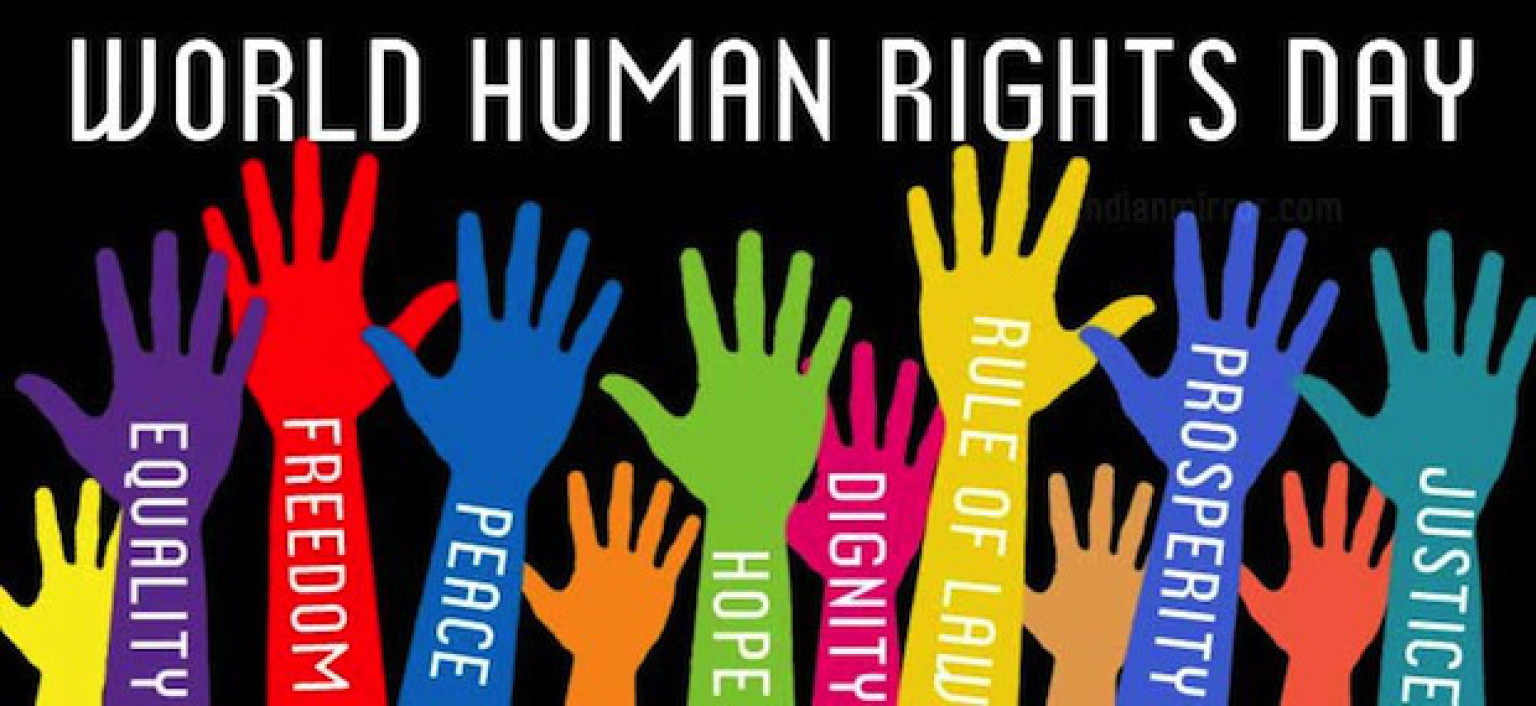Human Rights Day is observed every year on 10 December. It commemorates the day on which, in 1948, the United Nations General Assembly adopted the Universal Declaration of Human Rights. In 1950, the Assembly passed resolution 423 (V), inviting all States and interested organisations to observe 10 December of each year as Human Rights Day.
This year’s Human Rights Day is devoted to the launch of a year-long campaign for the 50th anniversary of the two International Covenants on Human Rights: the International Covenant on Economic, Social and Cultural Rights and the International Covenant on Civil and Political Rights, which were adopted by the United Nations General Assembly on 16 December 1966.
The two Covenants, together with the Universal Declaration of Human Rights, form the International Bill of Human Rights, setting out the civil, political, cultural, economic, and social rights that are the birth right of all human beings.
“Our Rights. Our Freedoms. Always.” aims to promote and raise awareness of the two Covenants on their 50th anniversary. The year-long campaign revolves around the theme of rights and freedoms — freedom of speech, freedom of worship, freedom from want, and freedom from fear — which underpin the International Bill of Human Rights are as relevant today as they were when the Covenants were adopted 50 years ago. For more this year’s theme and the year-long campaign, see the website of the UN Human Rights office.
Follow #HumanRightsDay
Facts and Figures about the two Covenants
The two Covenants are legally binding treaties for the States that are parties.
168 States are party to the Covenant on Civil and Political Rights today.
164 States are party to the Covenant on Economic, Social and Cultural Rights today.
The two Covenants were adopted by the UN General Assembly on 16 December 1966, and entered into force in 1976, after a sufficient number of countries had ratified them.
Each of the Covenants is monitored by a committee of experts, who review the progress of States parties to the treaty. They also hear individual complaints and assess if States need to remedy the situation.
Along with the Universal Declaration of Human Rights, the two Covenants form the International Bill of Human Rights. which sets out the rights that are the birthright of all human beings.
For more information, please see:
Fact sheet on Civil and Political Rights ![]()
Frequently Asked Questions on Economic, Social and Cultural Rights ![]()


